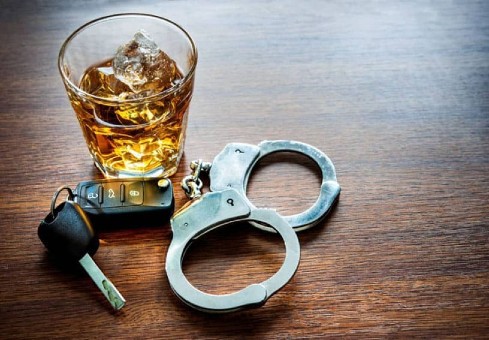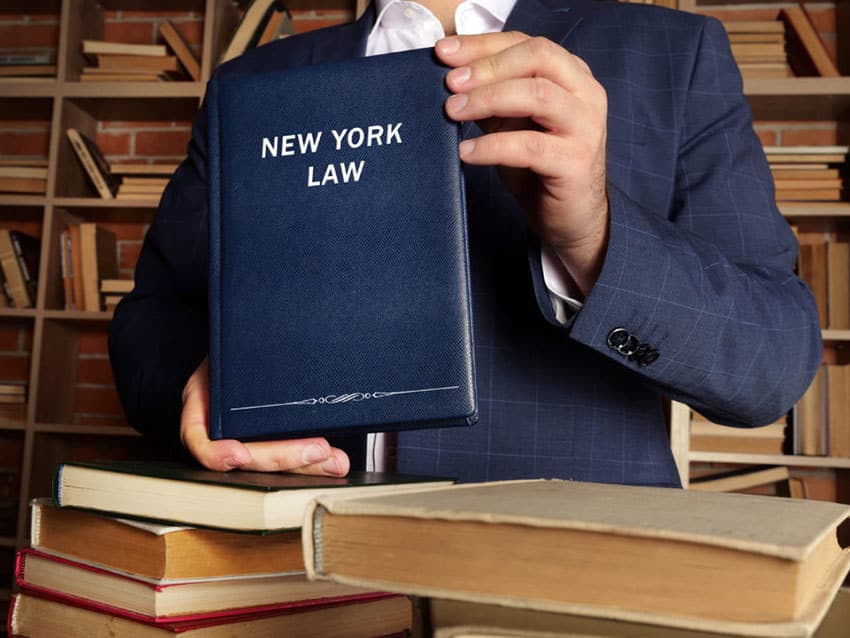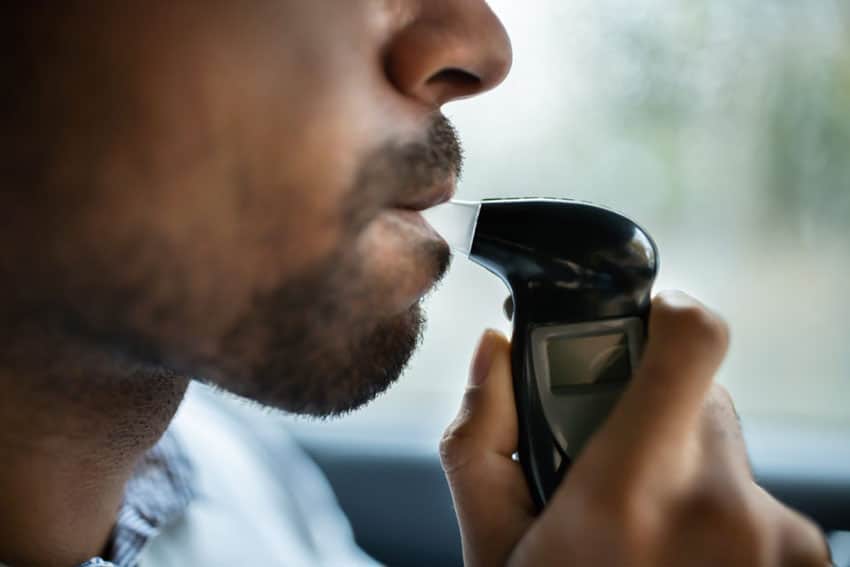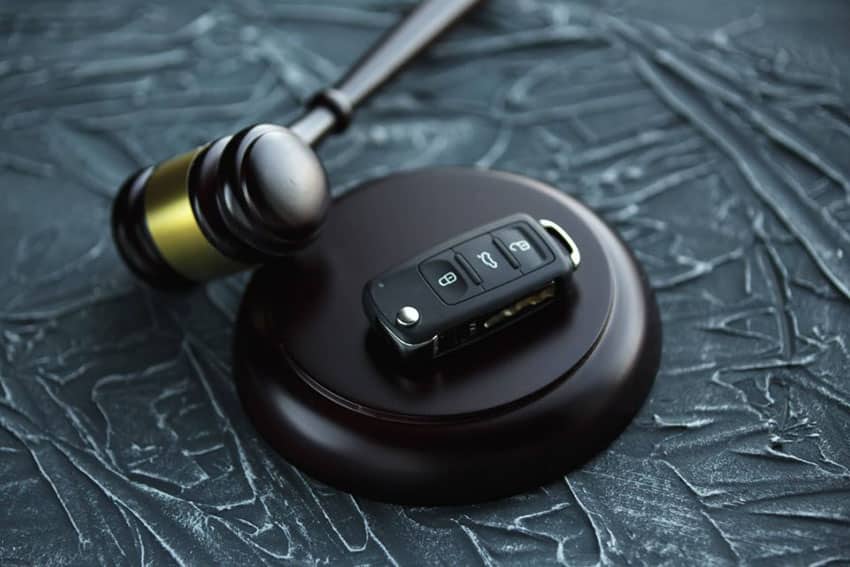A DWI means that the driver is legally intoxicated, or drunk, with a BAC of at least 0.08 percent. A DWAI means that the driver’s BAC is between 0.05 and 0.07 percent, or there is other evidence that the driver is impaired. Both a DWI and DWAI are criminal charges, and can result in fines, license revocation, and/or jail time. Additionally, a DWAI is specific to the substance impairing the driver. That is, you can be charged with a DWAI-Drugs, for driving under the influence of drugs, or a DWAI-Alcohol, for driving under the influence of alcohol.
DWAI In New York state
In New York, a DWAI is typically a less severe charge than a DWI. If you are convicted of a DWAI (for the first time), you can be fined up to $1,000, receive three years of probation, go to jail for up to one year, and your driver’s license will be automatically revoked for at least six months. The penalties for a DWAI can increase with each subsequent DWAI charge, and may result in a felony DWAI instead of a misdemeanor.
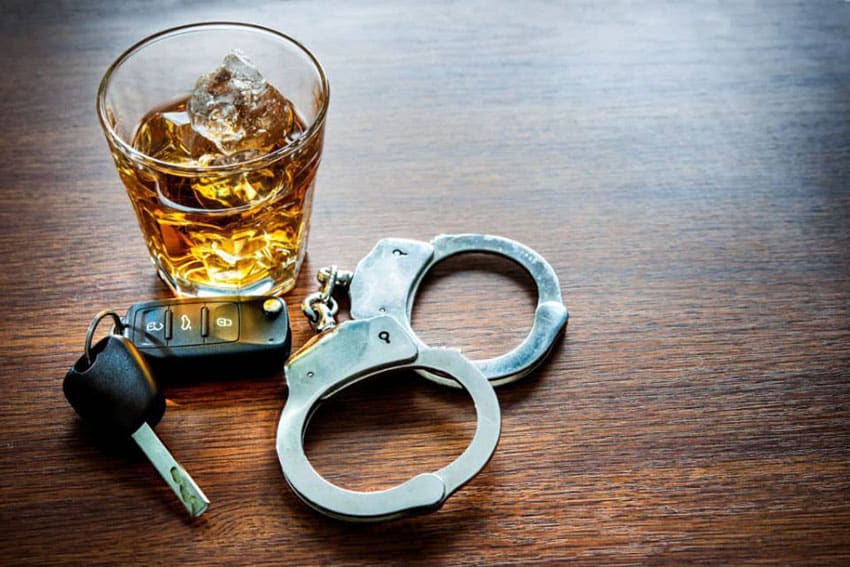
The penalties for a DWI conviction
This penalties are similar to those for a DWAI conviction. However in addition to potential jail time and fines, probation, and the mandatory license revocation, DWI offenders are required to install an ignition interlock device on their vehicle. An interlock device is essentially a breathalyzer connected to the vehicle engine. In order to start the engine, the driver must use the breathalyzer, and if any alcohol is detected, the engine will not start at all. Every New York driver convicted of a DWI is required to install and use an ignition interlock device for at least one year, plus any other penalty required. Like with a DWAI conviction, each subsequent DWI conviction can increase the potential penalties, and may lead to felony charges.
DWI Team Services
If you or someone you know has been charged with any form of DWAI or DWI, contact DWI Team today. Our experienced DWI attorneys will work with you to fight your DWAI/DWI charge. Contact us today for a free case evaluation.


